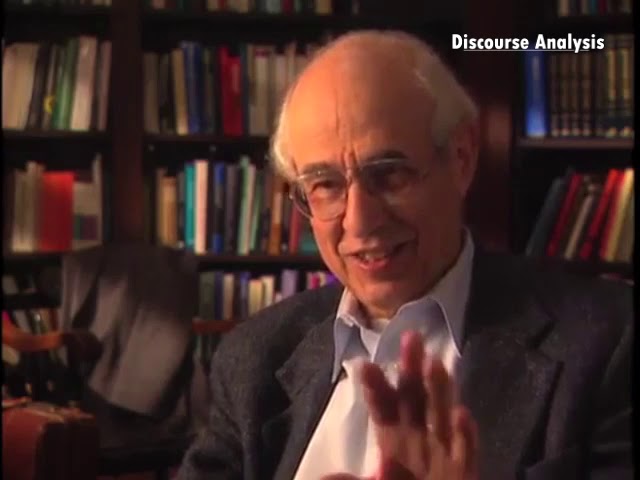Professor Hilary Putnam: Theories of Truth
Professor Hilary Putnam was an American philosopher, mathematician, and computer scientist. He is one of the very well known figures of analytical philosophy in the second half of the 20th century. During his career, he made significant contributions to various subfields of philosophy, particularly, philosophy of mind, philosophy of language and philosophy of science as well as hard sciences such as mathematics and computer science.
In this interview, he criticizes 4 theories of truth, namely: the Coherence Theory of Truth; Correspondence Theory of Truth; Pragmatist Theory of Truth; and Deflationist Theory of Truth. He qualifies them as a ‘disaster’ and believes that each one of them is ‘misleading’.
The Coherence Theory of Truth
He explains that the coherence theory of truth makes no sense outside of an idealist picture because, in its sense, what makes a belief true is always the relation of dependency with other things we believe, which is not always true:
“The coherence theory of truth is supposed to be that what makes a belief true is that it coheres with other things we believe. It makes no sense out of an idealist picture.”
The Correspondence Theory of Truth
Correspondence for him is not very well defined, it is “thrown around without usually any clear statement as to what is correspondence?“
He wonders whether correspondence corresponds to the Aristotelian model of truth which considers accurate descriptions of things as True — something that no one can object. Or that things which are true can be explained with a certain relation they bear with certain things?
In this case, it’s more complicated since “things” are not also precise, whether they are sentences, thoughts, judgments? and the ‘things they bear relation to‘ as well, whether it is the world as a whole, reality as a whole, objects called facts?…etc.
As a conclusion to this:
“The term correspondence theory of truth creates the illusion that you know what’s being talked about when nothing has been yet said”
Pragmatist Theory of Truth
He believes that the pragmatist theory of truth is obviously wrong. He doesn’t go into much detail about it.
The Problem
The problem with these theories is that they focus only on one type of truth. Correspondence, for instance, focuses on ‘description’ and only one type of description which views things as objects.
When it comes to logic and mathematics this view fails, he explains. An example of this would be:
“IF A implies B, and B implies C, then A implies C. Is that a description?”
He concludes that not everything that is subject to being true or false is a description and in order to understand ethical truth, logical truth, and mathematical truth, these ideas should be disregarded.

